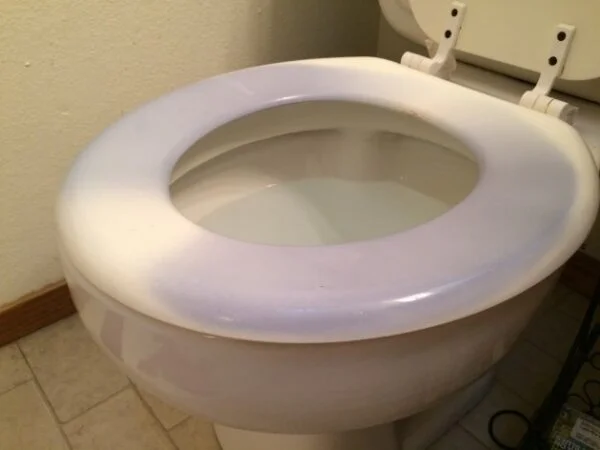No fewer than 9.4 million toilets are needed to be constructed annually if Nigeria will meet its Open Defecation-Free target by 2025.
Timeyin Uwejamomere, the National Coordinator, National Action Plan on Water, Sanitation and Hygiene, made this known at the ongoing National WASH Action Plan Research and Capacity Building Workshop in Abuja.
According to Uwejamomere, any intervention that will be done should focus on Nigeria’s population, which currently stands at 191 million, saying this amounted to construction of 5,150 toilets daily.
He said there was the need for the partners to think of a solution to the funding needs in the water and sanitation needs, adding that the funds would not be coming from the Federal Government alone.
He said state governments needed to build the capacity of their population to use their toilets, citing examples of how India used women to meet the sanitation needs of the country.
He said: “Our target in Nigeria is open defecation free vision by 2025, so if you divide the population that are practicing open defecation by the number of years that we have left, we need to build 9.4 million toilets across the 37 states.
“So we need to help the capacity of our states to build the capacity of its people to build toilets; one of the things they did in India is to train women to be masons, known as queen masons.
“A lot of women who have never been out of their homes before now earn incomes and started having a voice.
“We have key gaps and opportunities for the sanitation and potable water sector based on the statistics that we currently have.
“Perhaps one of the things we need to do is how to deepen this information to see what each state and each local government needs to deliver.
“It is the population of Nigeria that we want to serve, 130 million people need to have even if it’s just a basic toilet or safely managed facility.
“Only about five per cent of our population have anything to do with closed circuit sewer system and the challenge we are dealing with in sanitation is huge and we need over $2 billion to address this challenge.”
Uwejamomere also called for modalities to address alternatives to practices of faecal sludge management, saying such should be relevant and adaptable to current realities in the country.
Benson Ajisegiri, the Director, Water Supply and Public Private Partnership, Federal Ministry of Water Resources, giving an overview of the National WASH action Plan, said its target was to see that all Nigerians have access to sustainable and safely-managed WASH services by 2030.
Ajisegiri said to address the WASH challenge, the ministry realised the need to improve the technical capacity of Water Agencies at all tiers of government, noting that knowledge based human capacity drives the implementation of the action plan.
He said the plan was to see that the Federal Government and willing states jointly committed and established institutional and funding foundations for sustainable WASH services.
Trending
- Senator Akpoti-Uduaghan must apologise to Nigerians for gross misconduct on world stage – Campaign for Democracy
- LASTMA rescues seven injured passengers in multi-vehicle collision
- Annie Idibia expresses gratitude to supporters amid separation from Tuface
- A new generation of African entrepreneurs, by Ehi Braimah
- CBN appoints record female senior employees
- Atiku denies receiving funds from Sanwo-Olu during 2023 election
- Why I kidnapped Kaduna Catholic priest – Suspect
- Cerebrospinal Meningitis kills three in Gombe


